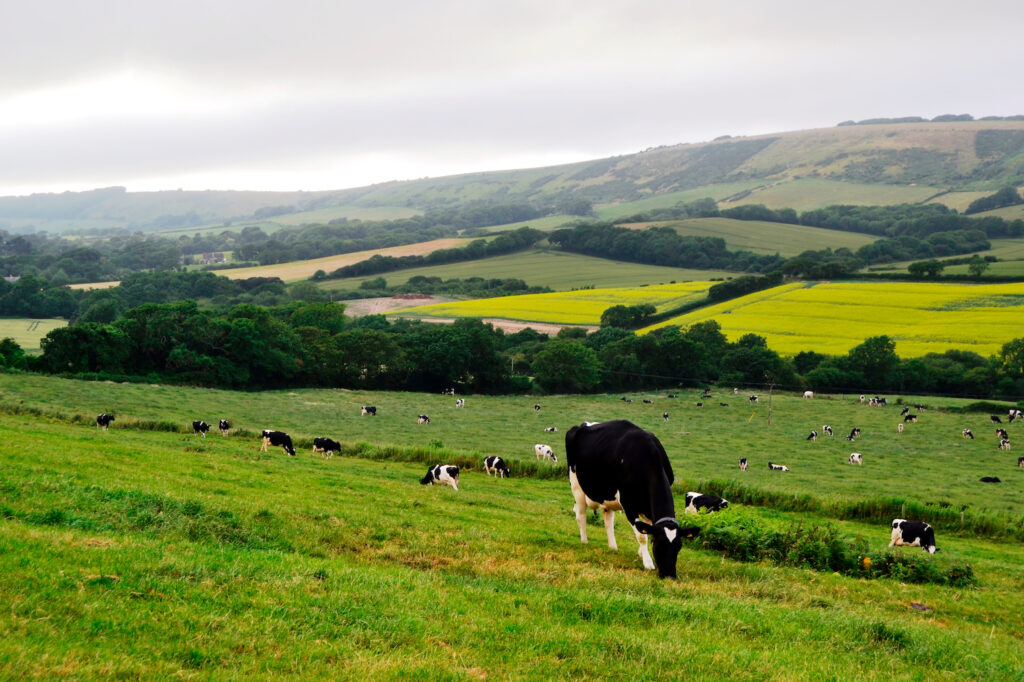Farmers urged to take steps to prevent botulism this season
20th September 2022
Ruminant Health and Welfare has issued a botulism alert to farmers after rocketing fertiliser prices resulted in more poultry litter being used on grass crops.
The risk of botulism is higher than usual on livestock farms this season with reports already emerging of animals affected by the disease. RH&W chairman Nigel Miller advises farmers who used poultry litter on their fields to closely monitor feeds and work with vets to reduce the risk of botulism to their herd or flock.
“Managing grass growth has been an ongoing challenge for many farmers throughout this year, with already high fertiliser costs and the droughts across much of the UK resulting in farmers revaluating their fertiliser strategy for the late season and the new year,” Mr Miller said.
“With nitrogen levels higher than traditional farmyard manures and slurry, litter from the poultry and gamebird sectors can look an attractive option to help counter high input costs. There are however risks to both grazing animals and silage production linked to these products.”
Mr Miller stressed that poultry litter should generally be incorporated into the soil before crop establishment to protect livestock, although this isn’t always a viable option on grassland units. He also warned that deep litter in poultry sheds may include contaminants such as fragments of dead birds or bird carcasses that can carry the botulinum toxin.
Upon ingestion from contaminated grass or silage, the toxin impairs the animal’s muscle function, causing paralysis and potentially leading to mortality. While there is no vaccine currently available in the UK under general licence against botulism, Veterinary Medicines Directorate has authorised two cattle Cl Botulinum vaccines.
These vaccines protect cattle that are at risk of the toxin and are available under ‘special treatment certification’ from veterinary surgeons. However, they shouldn’t be used in place of hygiene measures on farms.
Mr Miller also reminded farmers of the dangers of feeding silage contaminated with the botulinum toxin through mixer wagons. Such feeding systems can expose large numbers of animals to the toxin, spreading the disease within the herd.
“On many farms both climatic and economic pressures are at an unprecedented level and with forage stocks limited, developing feed strategies will be crucial to carrying production and stock through the winter period,” he added.
“In that difficult climate it’s worth factoring in the risk of botulism on your own holding and on neighbouring fields and if a risk is identified, work with your vet to avoid problems.”
In his concluding remarks, Mr Miller further emphasised the importance of contacting the farm’s veterinary surgeon as soon as botulism is suspected on the premises. It is also crucial that any livestock that may have contracted the disease are isolated immediately and contained in alternative housing or grazing.
For more information on how to prevent botulism impacting your herd, visit: daera-ni.gov.uk

